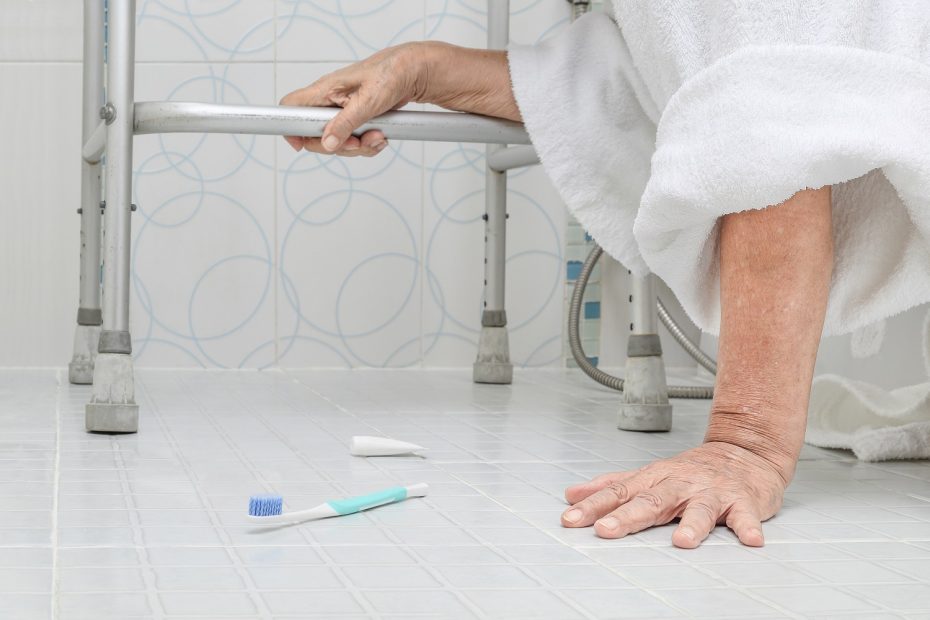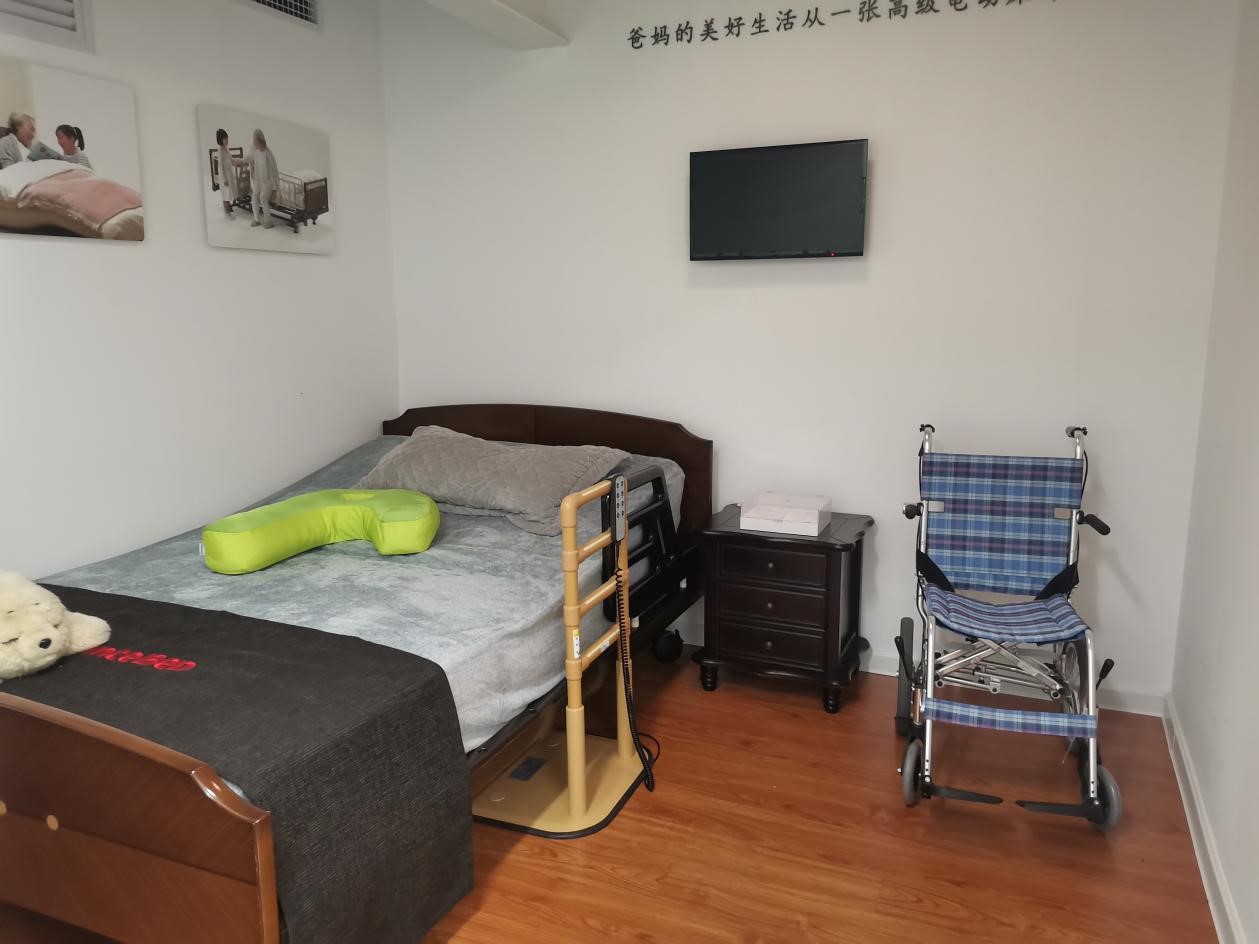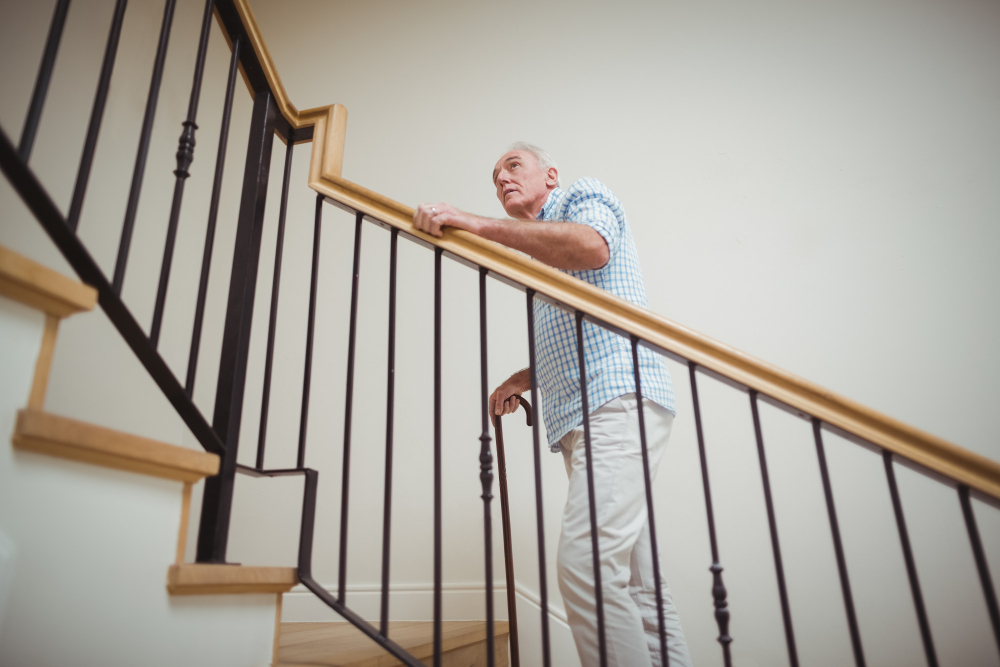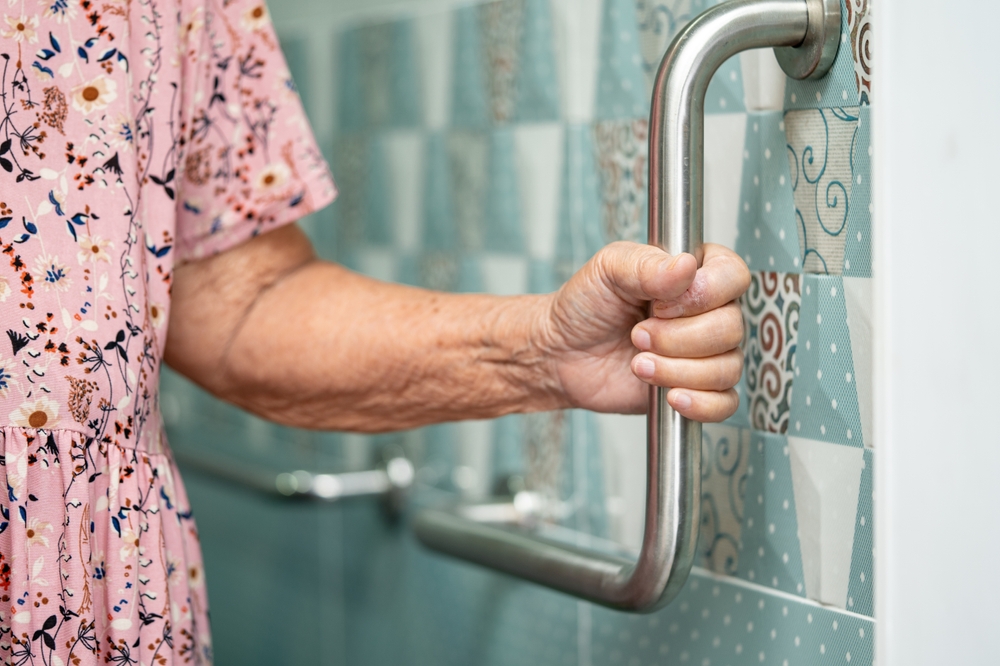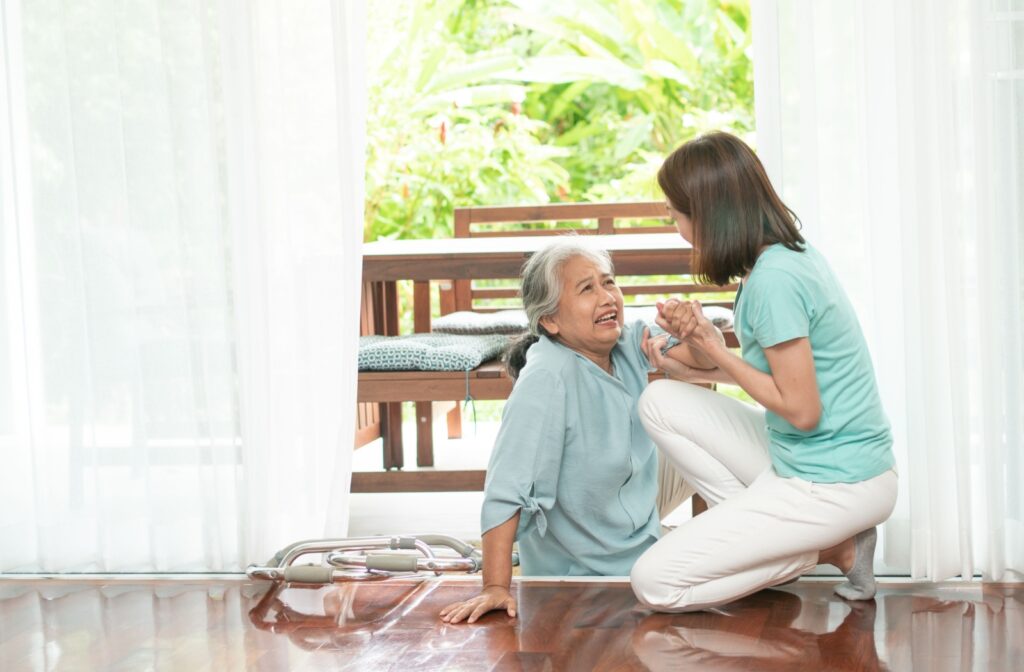As people age, the risk of falling increases significantly, posing a substantial concern for family caregivers. The primary keyword, fall detection costs vs hospital bills, highlights a critical discussion that impacts families worldwide. It’s essential to understand the economic implications of choosing proactive fall detection technology over the potential expenses of hospital treatment following a fall.

Understanding the Financial Impact of Falls
The financial burden of falls is not just a concern for the elderly but also for their families and the healthcare system. Hospital bills can escalate quickly, especially when dealing with fractures or other serious injuries that require extended care. According to the National Institute on Aging, falls are a leading cause of hospitalization for older adults.
The Hidden Costs of Hospitalization
Hospital bills include much more than just the immediate treatment costs. They often involve expenses for rehabilitation, medication, and potential long-term care needs. Additionally, the emotional and physical toll on both the patient and their caregivers can be profound.
Benefits of Fall Detection Technology
Investing in fall detection technology can be a proactive approach to mitigating these risks. Devices equipped with sensors can alert caregivers or medical personnel immediately, potentially reducing the severity of injuries sustained during a fall. The fall detection in smart homes offers a glimpse into how modern technology can facilitate safer living environments for the elderly.
Cost-Effectiveness of Fall Detection Devices
While there is an initial investment in purchasing fall detection devices, the potential savings in avoiding costly hospital bills can be substantial. These devices not only provide peace of mind but can also be a financially sound decision in the long run.
Comparing Costs: Fall Detection vs Hospital Bills
When comparing fall detection costs vs hospital bills, it’s crucial to consider both the immediate and long-term financial implications. Fall detection devices often require a one-time purchase or a small subscription fee, whereas a single fall can lead to extensive medical expenses.
Real-World Scenarios
In real-world scenarios, families who have invested in fall detection technology often report fewer fall-related injuries and hospitalizations. This not only saves money but also enhances the quality of life for the elderly.
Integrating Technology in Elderly Care
As technology continues to evolve, integrating devices into daily life becomes easier and more beneficial. Smart elderly care solutions are transforming how we approach the care of older adults, making it possible to maintain independence while ensuring safety.
Overcoming Resistance to Technology
One challenge is overcoming the resistance some seniors might have towards using new technology. However, with user-friendly designs and clear benefits, many are beginning to embrace these solutions. For more insights, check out our article on senior resistance to fall detection devices.

Conclusion: Making an Informed Decision
In conclusion, the choice between investing in fall detection technology and facing potential hospital bills is a decision that requires careful consideration. While the initial costs of technology might seem high, the long-term savings and safety benefits make it a worthwhile investment for many families.
FAQs
1. What are the average hospital costs for fall-related injuries?
Hospital costs for fall-related injuries can vary widely but often run into thousands of dollars, depending on the severity of the injury and required treatment.
2. How effective are fall detection devices?
Fall detection devices are highly effective in reducing response times and minimizing injury severity by alerting caregivers immediately after a fall.
3. Are there any insurance plans that cover fall detection devices?
Some insurance plans may offer partial or full coverage for fall detection devices, especially if they are deemed medically necessary by a healthcare provider.
This article contains affiliate links. We may earn a commission at no extra cost to you.

